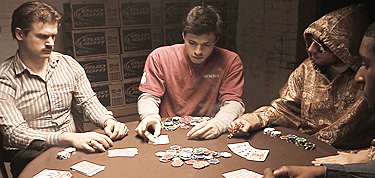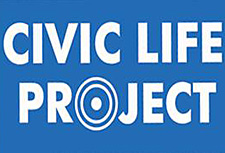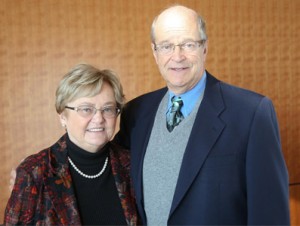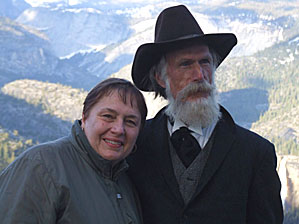Fox Valley Technical College will host a free public screening Wednesday, Oct. 30 of a first-of-its kind video project designed to spark community dialogue on social issues ranging from sex trafficking to homophobia.
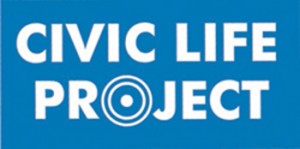 Five short documentary videos produced by Lawrence University students for the university’s Civic Life Project will be shown from 6:30 p.m. – 8:30 p.m. in the Commons on the FVTC campus, 1825 N. Bluemound Dr., Appleton. (South Parking Lot – Entrance 6).
Five short documentary videos produced by Lawrence University students for the university’s Civic Life Project will be shown from 6:30 p.m. – 8:30 p.m. in the Commons on the FVTC campus, 1825 N. Bluemound Dr., Appleton. (South Parking Lot – Entrance 6).
As part of the screening, short audience discussions facilitated by Lawrence students will be conducted after each video.
The program also will include brief remarks by FVTC President Susan May and Lawrence President Mark Burstein.
The Civic Life Project is an innovative educational tool created by award-winning documentary filmmaker and 1972 Lawrence graduate Catherine Tatge and her husband, Dominique Lasseur. It is designed to challenge students to learn about civics and democracy in a unique way, discover more about the community in which they reside and find their own individual voice through the creation of documentary videos.
Topics for the videos grew out of conversations Tatge conducted with numerous Fox Cities community leaders to identify issues of local concern. Three-member teams of Lawrence students shared roles of writer, editor, producer, director and videographer in creating the documentaries.
The titles and topics of the videos to be shown include:
• “Muted,” a look at victims of sex trafficking in Appleton.
• “Walking Alone,” an examination of homophobia and its consequences seen through the eyes of teenagers who suffer the brunt of its isolation and rejection.
• “Adelante” (Forward), which explores the plight of undocumented teen immigrants.
• “Rooted,” which documents the challenges of balancing assimilation with maintaining cultural identity in the Hmong community.
• “Homeless Veterans of the Fox Valley,” a look at the daily struggles facing some who have served our country when they return home.
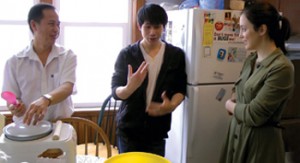
“The Civic Life Project has been a transformative experience for Lawrence students, showing them that they have a voice in our democracy,” said Tatge, who is in her third year as an artist-in-residence at Lawrence. “I hope these films spark meaningful dialogue throughout the community and help the Fox Valley become an even more welcoming and healthy place to live.”
The Civic Life Project at Lawrence is modeled after a similar program Tatge and Lasseur launched in 2010 in their home state of Connecticut. The program starts in the classroom with an examination of the structure of democracy and ends in the theater with the screening of the documentaries the students create. Since it began, the program has been incorporated into the curriculum at 10 Connecticut high schools.
About Lawrence University
Founded in 1847, Lawrence University uniquely integrates a college of liberal arts and sciences with a nationally recognized conservatory of music, both devoted exclusively to undergraduate education. It was selected for inclusion in the Fiske Guide to Colleges 2014 and the book “Colleges That Change Lives: 40 Schools That Will Change the Way You Think About College.” Individualized learning, the development of multiple interests and community engagement are central to the Lawrence experience. Lawrence draws its 1,500 students from nearly every state and more than 50 countries.
